Internet of Things
This innovative technology enables seamless remote interaction with your devices. Its standout feature is the ability to establish a centralized system, allowing you to effortlessly control all your devices from a single, user-friendly interface.
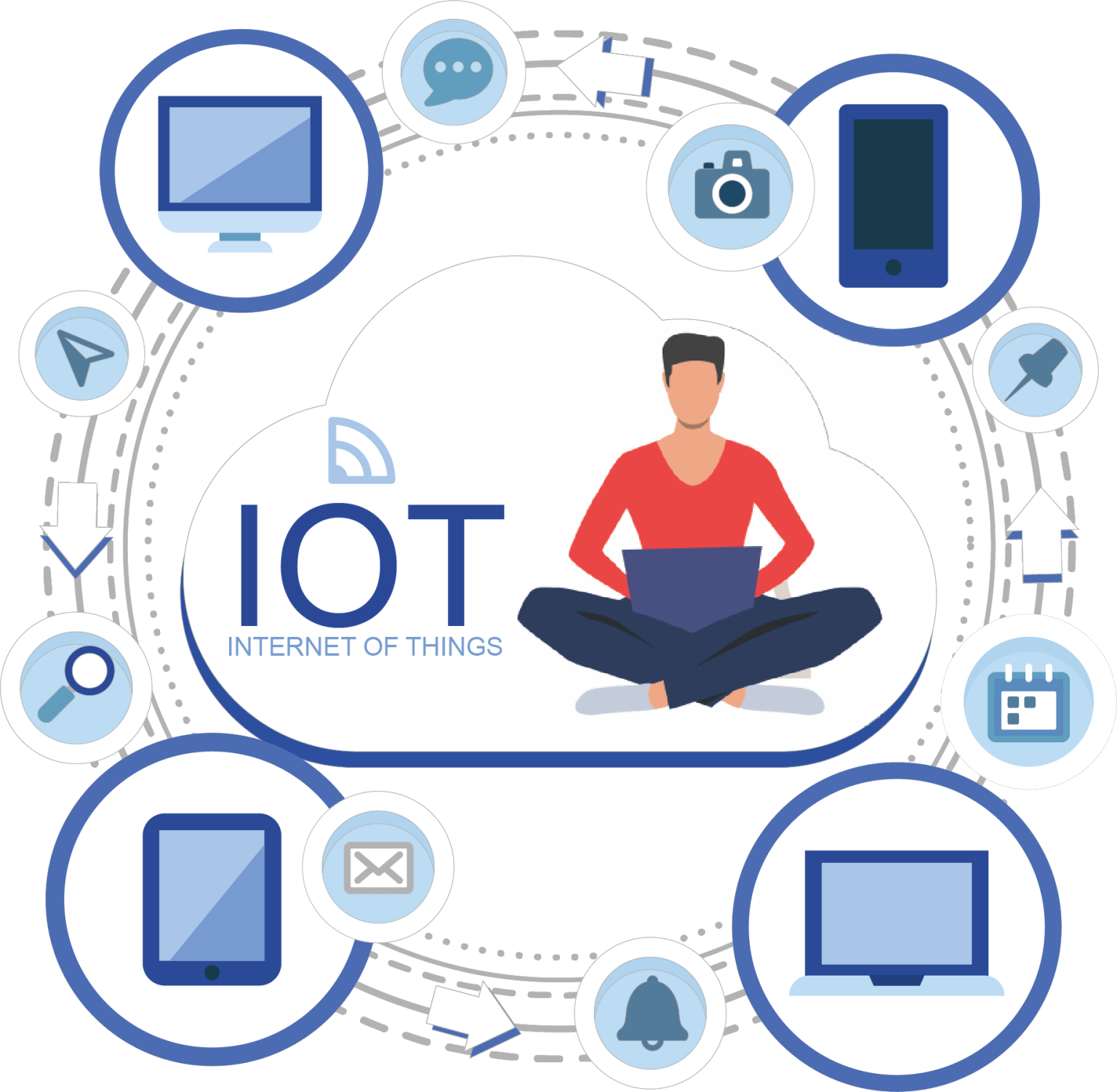
Elevating Industries Through IoT Innovations
IoT services remain at the forefront of imagining the future of this technology, in building effective as well as secure technology infrastructure for complex data operations. This therefore is a result of advanced technology that can transform various industries that are understood in the evolution as making them more efficient, cost-effective, and accessible. From logistics and energy to healthcare and agriculture, it is perhaps unprecedented for technology to bring about such benefits across a host of sectors.
What is Arka IoT Service ?
The Internet of Things is the technology that specializes in the connection and enabling of communication between various devices. This interconnected network permits several devices to share data, thus establishing a more responsive and efficient ecosystem.
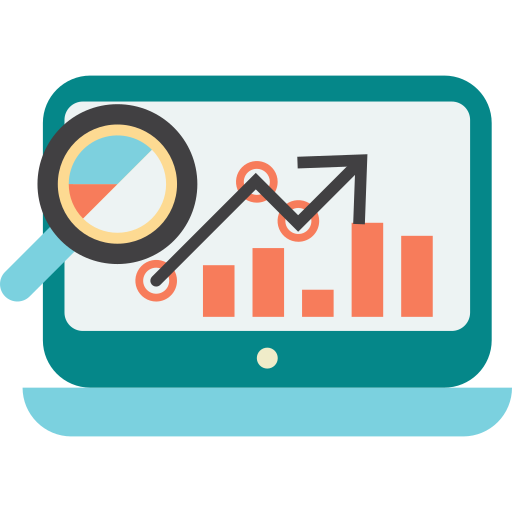
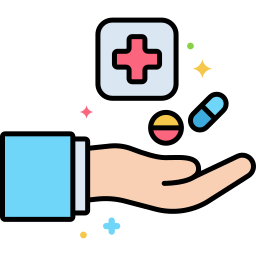
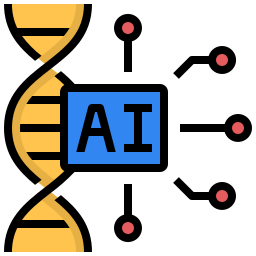
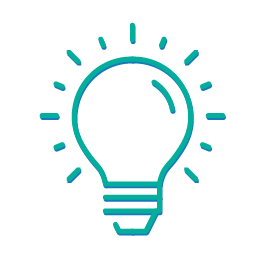
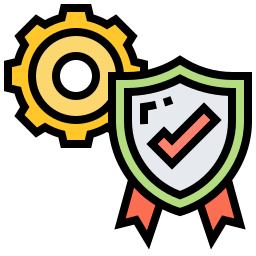
Arka IoT Offerings
- Identify Use Cases:Determine the specific IoT use cases and applications that your platform will support. You may include smart cities, industrial automation, or healthcare.
- Data Processing: Capabilities building around data processing, data cleaning, transformation, and analysis to generate actionable insights from incoming data streams.
- APIs: APIs allow third-party applications and services to access and interact with your data and functionality inside the platform.
- Edge Device Integration: Integration with edge devices, gateways, and sensors to collect and process data at the edge.
Connect Options: Choose the best communication protocol for your IoT device based on the range, rate, and power supply from Wi-Fi, Bluetooth, LoRa, cellular, Zigbee, etc.
Scalability: Plan for scalability concerning the number of devices in the network and make your infrastructure device volume and data traffic expandable.
Business Model: Define the business model, including pricing, revenue streams, and partnerships applicable.
Data Analytics and Machine Learning: Data analytics and machine learning algorithms are used to develop knowledge from IoT data. This can enable predictive maintenance, anomaly detection, and optimization.
Lifecycle Management: Understand that IoT products have a lifecycle. Plan for product evolution, updates, and eventual retirement
Prototyping and Testing: Prototype your IoT product and conduct extensive testing to validate its functionality, reliability, and performance under various conditions.
Customer Support and Training: Offer timely customer support and training tools that would help users troubleshoot and use the IoT device product efficiently.
Documentation: Review product documentation, which includes user and technical guides, and support documents as applicable.
Service-Level Agreements: If SLAs apply, establish agreements about uptime, response times, and available support to maintain customer expectations.
Create an open product roadmap that outlines the status of future updates, improvements, and new features, so that the customers are fully aware and engaged throughout the process.
Engage with the customers through newsletters, forums, or user communities that will create a feeling of belongingness and insightful stages.
FAQs
The Internet of Things (IoT) refers to the network of physical objects embedded with sensors, software, and other technologies that enable them to connect and exchange data over the internet. These “smart” devices can collect, send, and receive data, allowing for improved monitoring, automation, and control of various processes. IoT works through a combination of devices, communication protocols, cloud computing, and data analytics to provide valuable insights and facilitate real-time decision-making.
Implementing IoT solutions can offer several benefits, including:
- Increased Efficiency: Automation and real-time monitoring can optimize operations, reduce manual tasks, and minimize downtime.
- Data-Driven Insights: Collecting and analyzing data from connected devices can provide actionable insights for better decision-making.
- Cost Savings: IoT can reduce operational costs through improved resource management and predictive maintenance.
- Enhanced Customer Experience: Personalized services and real-time feedback can improve customer satisfaction and engagement.
- Scalability: IoT solutions can easily scale as business needs grow, accommodating more devices and data without significant infrastructure changes.
We can develop a wide range of IoT applications, including:
- Smart Home Solutions: Automation and control of home devices such as lighting, thermostats, and security systems.
- Industrial IoT (IIoT): Solutions for manufacturing and supply chain management, including predictive maintenance and equipment monitoring.
- Healthcare IoT: Remote patient monitoring and health tracking systems for better patient care and data management.
- Agriculture IoT: Precision farming solutions that monitor soil conditions, crop health, and resource usage.
- Smart Cities: Applications that enhance urban living, including traffic management, waste management, and environmental monitoring.
Security and privacy are critical in IoT development. We implement several best practices, including:
- Data Encryption: Encrypting data in transit and at rest to protect sensitive information.
- Secure Communication Protocols: Utilizing secure protocols for device communication to prevent unauthorized access.
- Regular Security Audits: Conducting periodic assessments to identify and address potential vulnerabilities.
- Device Authentication: Ensuring that only authorized devices can connect to the network through robust authentication methods.
- Compliance: Adhering to relevant data protection regulations and industry standards to safeguard user privacy.
Yes, we offer integration services to connect IoT solutions with your existing systems and infrastructure. Our approach includes:
- Assessment: Evaluating your current systems and identifying integration points.
- API Development: Creating APIs to enable seamless communication between IoT devices and existing software.
- Data Management: Implementing data aggregation and analytics solutions to consolidate information from various sources.
- Testing and Validation: Ensuring that integrated systems function as intended and provide accurate data and insights.
Contact Arka Sales Team
We appreciate your interest in Arka. Please fill the form below.
Contact Us | Disclaimer | Privacy Statement | Terms of use | Sitemap
We use cookies on our site. Please read more about cookies policy here.
© 2024 Arka Information Systems International LLC also known as Arka Information Systems Pvt. Ltd. (India Subsidiary)


